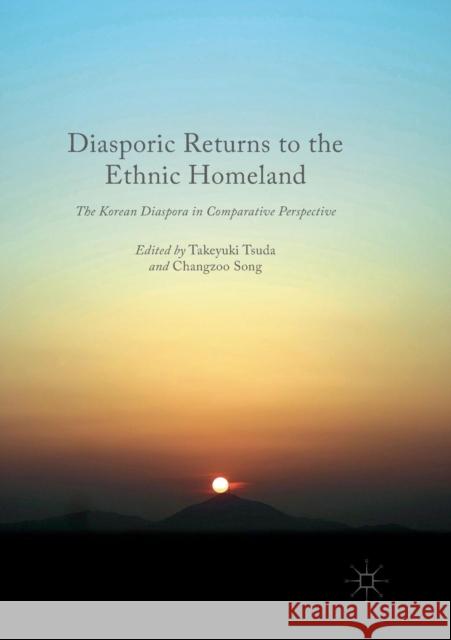Diasporic Returns to the Ethnic Homeland: The Korean Diaspora in Comparative Perspective » książka
topmenu
Diasporic Returns to the Ethnic Homeland: The Korean Diaspora in Comparative Perspective
ISBN-13: 9783030080938 / Angielski / Miękka / 2019 / 258 str.
Diasporic Returns to the Ethnic Homeland: The Korean Diaspora in Comparative Perspective
ISBN-13: 9783030080938 / Angielski / Miękka / 2019 / 258 str.
cena 242,07
(netto: 230,54 VAT: 5%)
Najniższa cena z 30 dni: 231,29
(netto: 230,54 VAT: 5%)
Najniższa cena z 30 dni: 231,29
Termin realizacji zamówienia:
ok. 22 dni roboczych
Bez gwarancji dostawy przed świętami
ok. 22 dni roboczych
Bez gwarancji dostawy przed świętami
Darmowa dostawa!
Kategorie BISAC:
Wydawca:
Palgrave MacMillan
Język:
Angielski
ISBN-13:
9783030080938
Rok wydania:
2019
Wydanie:
Softcover Repri
Ilość stron:
258
Waga:
0.33 kg
Wymiary:
21.01 x 14.81 x 1.47
Oprawa:
Miękka
Wolumenów:
01
Dodatkowe informacje:
Wydanie ilustrowane











